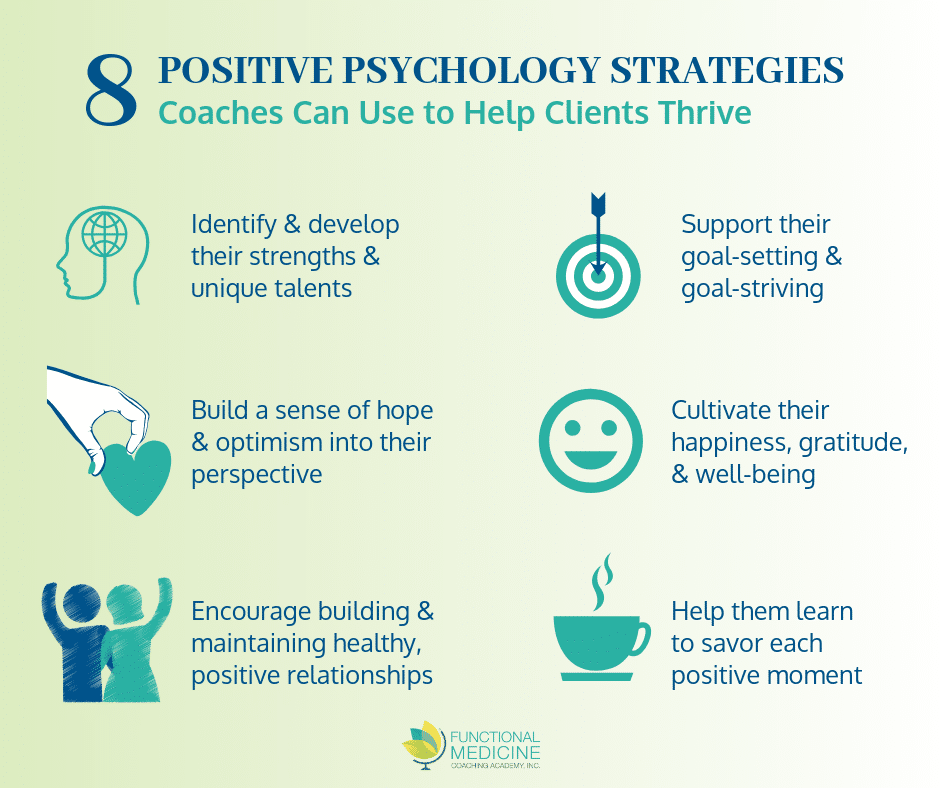Our Latest Blogs
-

Celebrating FMCA’s March 2025 Graduates
Read Full Article: Celebrating FMCA’s March 2025 Graduates -

Student Spotlight: Debra Lewis
Read Full Article: Student Spotlight: Debra Lewis -

DTC Lab Testing Summit: From Results to Lifestyle Change
Read Full Article: DTC Lab Testing Summit: From Results to Lifestyle Change


